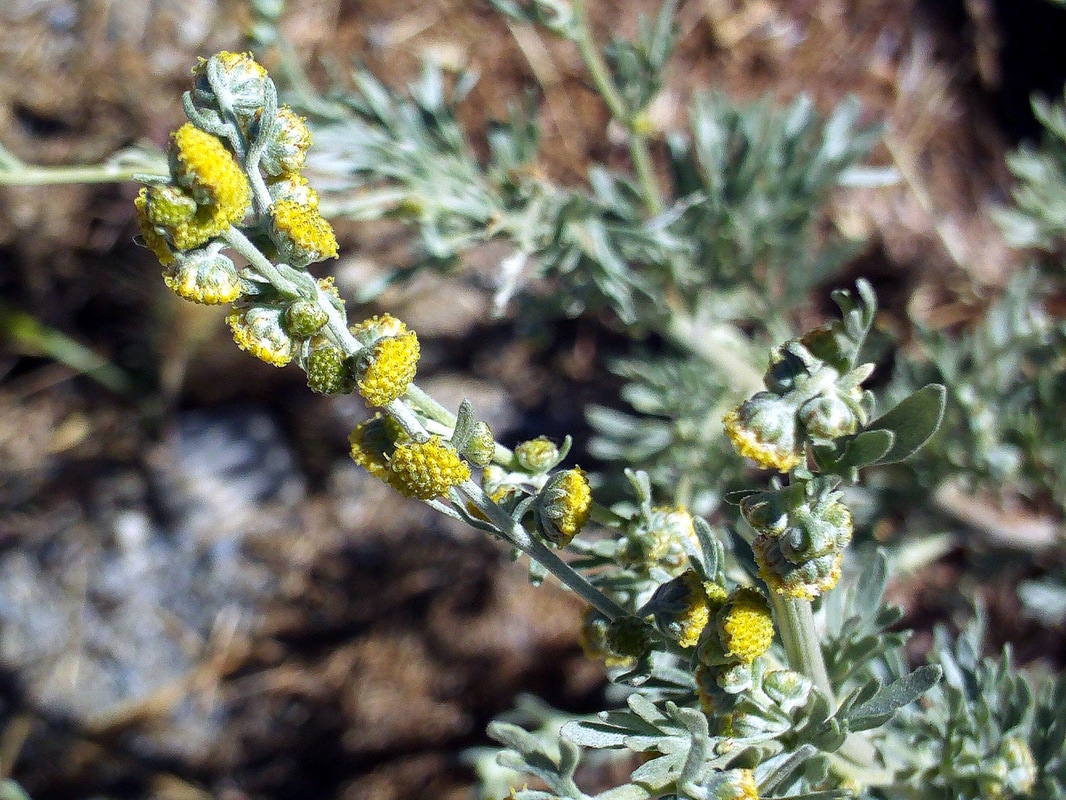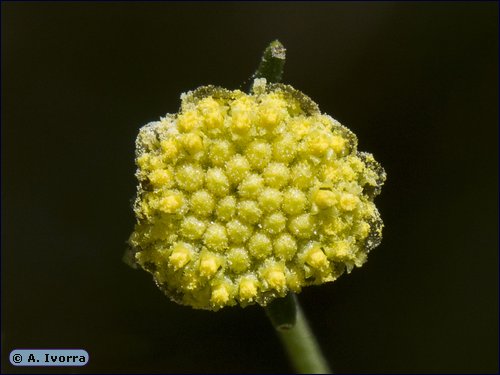|
Man’s connection to artemisia goes back a long way. They are found growing in large expanses throughout the world and surely would have caught the eyes of early hunters and gatherers. According to the Greek myths, Artemis, the goddess of the wilderness and of the hunt, gave the power of the plant to Chiron the Centaur who was a great healer and teacher. It was Chiron who then developed the first medicines from artemisia.
What would have impressed early herbalists are its bitter qualities. Bitter herbs kick-start the digestive system, stimulate the liver, and boost the immune system. As our lives become more sedentary and our systems become sluggish, we may need to be taking bitter artemisias like wormwood, santonica and mugwort for better health. More 400 species of artemisias are known to botanists. Artemisia have digestive properties. It is their bitter principles that stimulate the digestive system, causing the bile to flow and helping the system to process fats more efficiently. They are found in many drinks. Did James Bond know that his favourite cocktail, the martini, owes its existence to artemisia? Did the painter Vincent van Gogh know that the absinthe he drank to excess was made with artemisia? Maybe not, but absinthe is flavoured with Roman wormwood (Artemisia pontica) and common wormwood (Artemisia absinthium), and those same wormwoods are used to make vermouth, the essential ingredient of the martini. Indeed ‘absinthe’ is the French word for wormwood and ‘wermut’ (pronounced ‘vermut’) is the German word, which goes to show how deep is the connection between the artemisias and some of Europe’s classic alcoholic drinks. The liqueur chartreuse is made with black wormwood (Artemisia genipi) and other herbs. Another classic European liqueur, genepi, is made with the same black wormwood. |
Lady's Maid
Sub-shrub, 2 feet. This is one of the most decorative of
the Artemisias, yet seldom grown. It makes bushes nearly 2 feet across, with mimosa-like heads of yellow flowers. Propagate by cuttings taken in spring and struck in sandy soil. Plant out 2 feet apart. Succeeds in any garden soil. Full sun essential. |
- Home
- Introduction
- Choose your Plan
-
Choose your Plants
- Alecost
- Anchusa
- Angelica
- Balkan Sage
- Balm
- Basil Sweet & Bush
- Bergamot
- Borage
- Calaminth
- Camphor Plant
- Caraway
- Catmint
- Chamomile
- Chervil
- Chives
- Clary
- Comfrey
- Coriander
- Dill
- Elecampane
- Fennel
- Fennel Florence
- Feverfew
- Garlic
- Germander
- Giant Catmint
- Herb Patience
- Horehound
- Hyssop
- Lad's Love
- Lady's Maid
- Lavender
- Lily of the Valley
- Lovage
- Lungwort
- Mace
- Mallow
- Marigold
- Marjoram
- Melilot
- Mints
- Old Lady
- Parsley
- Pennyroyal
- Rose
- Rosemary
- Rue
- Sage
- Salvia Virgata Nemorosa
- Santolina Chamaecyparissus
- Savory
- Sorrel
- Sweet Cicely
- Tansy
- Tarragon
- Thyme
- Vervain
- Woad
- Wormwood
- Workshops
- Q & A
- Blog
- Contact
- Home
- Introduction
- Choose your Plan
-
Choose your Plants
- Alecost
- Anchusa
- Angelica
- Balkan Sage
- Balm
- Basil Sweet & Bush
- Bergamot
- Borage
- Calaminth
- Camphor Plant
- Caraway
- Catmint
- Chamomile
- Chervil
- Chives
- Clary
- Comfrey
- Coriander
- Dill
- Elecampane
- Fennel
- Fennel Florence
- Feverfew
- Garlic
- Germander
- Giant Catmint
- Herb Patience
- Horehound
- Hyssop
- Lad's Love
- Lady's Maid
- Lavender
- Lily of the Valley
- Lovage
- Lungwort
- Mace
- Mallow
- Marigold
- Marjoram
- Melilot
- Mints
- Old Lady
- Parsley
- Pennyroyal
- Rose
- Rosemary
- Rue
- Sage
- Salvia Virgata Nemorosa
- Santolina Chamaecyparissus
- Savory
- Sorrel
- Sweet Cicely
- Tansy
- Tarragon
- Thyme
- Vervain
- Woad
- Wormwood
- Workshops
- Q & A
- Blog
- Contact



